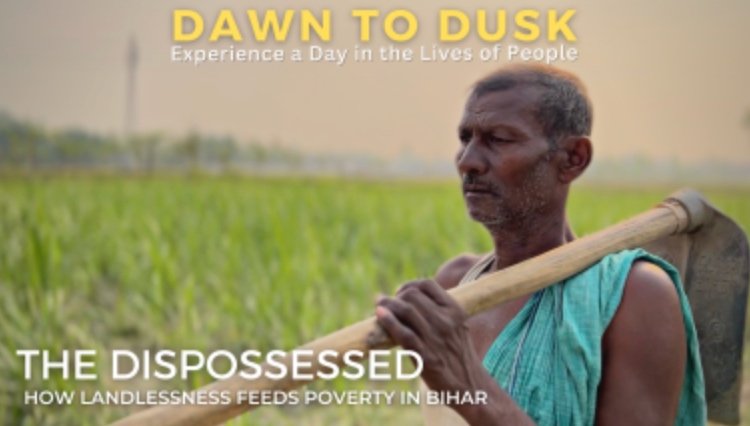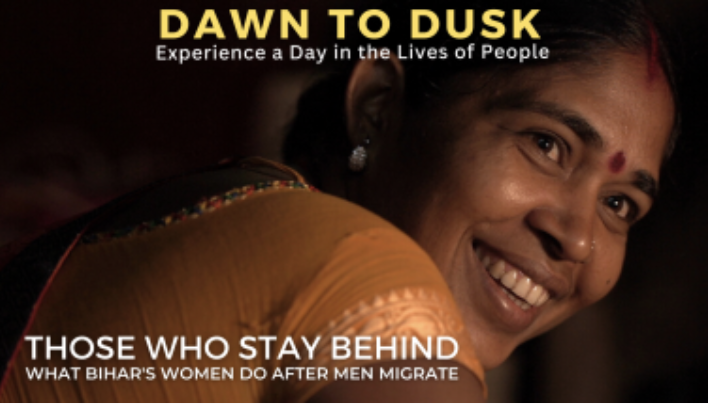Bihar: Videos/Mapping India
Deba Manjhi, a 75-year-old labourer from Bihar's West Champaran district, used to receive 3 hatai (2.25 kg) of paddy in exchange for a grueling day's work a couple of decades ago. Presently, he labours 5 to 6 hours daily in the agricultural fields owned by land-owning farmers, earning a meager wage of 150 rupees.
Adarsh Kumar, a self-motivated, bright student from Bihar, aspires to pull his family out of poverty. However, he has little more than his resolve to take him closer to his dream, by serving in the Indian Army. To pass every stage of recruitment, and there are many, can his determination compensate for…
Neelam Devi, from India's Bihar state, and her family were once unable to afford basic necessities such as oil for cooking, clothing, and even soap for personal hygiene. This dire situation forced her husband to leave and work as a labourer in Delhi, hundreds of kilometres away. Though they are now able to afford food, her two daughters still had to drop out of school.
Chandeshwar Manjhi, a teacher in Bihar, is working to empower the Musahar community, a marginalized group of roughly 2.2 million people who are among the most oppressed in the state. With a low literacy rate and a history of poverty and discrimination, Musahars are the lowest of the low in India?s caste hierarchy.





Amar Ram would hide whenever the village landlords arrived to recruit labourers, often coercing them into working in their agricultural fields for a meager wage of 2.5 kg of paddy. His wife becomes emotional whenever she recalls the time when their meals consisted of nothing more than chili and chapati.